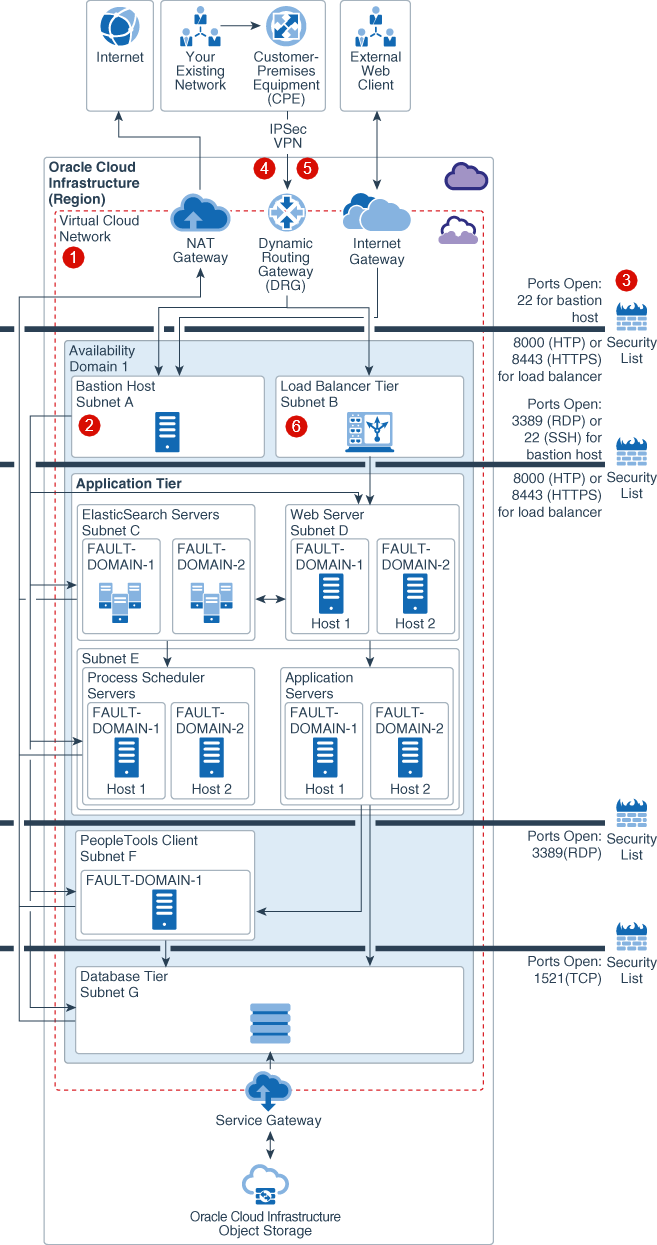
national security and abuse Americans’ personal data. “There are a host of dangerous technology platforms – including TikTok – that can be manipulated by China and other foreign adversaries to threaten U.S. “This bipartisan legislation will empower us to respond to our fast-changing environment – giving the United States the tools it needs to assess and act on current and future threats that foreign-owned technologies pose to Wisconsinites and our national security.” While many of these foreign-owned technology products and social media platforms like TikTok are extremely popular, we also know these products can pose a grave danger to Wisconsin’s users and threaten our national security,” said Sen. “We need to protect Americans’ data and keep our country safe against today and tomorrow’s threats.

Ensure comprehensive actions to address risks of untrusted foreign information communications and technology products by requiring the Secretary to take up consideration of concerning activity identified by other government entities.Prioritize evaluation of information communications and technology products used in critical infrastructure, integral to telecommunications products, or pertaining to a range of defined emerging, foundational, and disruptive technologies with serious national security implications.Require the Secretary of Commerce to establish procedures to identify, deter, disrupt, prevent, prohibit, and mitigate transactions involving information and communications technology products in which any foreign adversary has any interest and poses undue or unacceptable risk to national security.The Restricting the Emergence of Security Threats that Risk Information and Communications Technology (RESTRICT) Act would: Tammy Baldwin (D-WI), Deb Fischer (R-NE), Joe Manchin (D-WV), Jerry Moran (R-KS), Michael Bennet (D-CO), Dan Sullivan (R-AK), Kirsten Gillibrand (D-NY), Susan Collins (R-ME), Martin Heinrich (D-NM), and Mitt Romney (R-UT). Warner and Thune, the legislation is co-sponsored by Sens. The RESTRICT Act establishes a risk-based process, tailored to the rapidly changing technology and threat environment, by directing the Department of Commerce to identify and mitigate foreign threats to information and communications technology products and services. This bipartisan legislation would take a necessary step to ensure consumers’ information and our communications technology infrastructure is secure.”

“Our country needs a process in place to address these risks, which is why I’m pleased to work with Senator Warner to establish a holistic, methodical approach to address the threats posed by technology platforms – like TikTok – from foreign adversaries.

“Congress needs to stop taking a piecemeal approach when it comes to technology from adversarial nations that pose national security risks,” said Sen. “We need a comprehensive, risk-based approach that proactively tackles sources of potentially dangerous technology before they gain a foothold in America, so we aren’t playing Whac-A-Mole and scrambling to catch up once they’re already ubiquitous.” And before that, it was Russia’s Kaspersky Lab, which threatened the security of government and corporate devices,” said Sen. Before TikTok, however, it was Huawei and ZTE, which threatened our nation’s telecommunications networks.

“Today, the threat that everyone is talking about is TikTok, and how it could enable surveillance by the Chinese Communist Party, or facilitate the spread of malign influence campaigns in the U.S. Warner (D-VA), Chairman of the Senate Select Committee on Intelligence, and John Thune (R-SD), ranking member of the Commerce Committee’s Subcommittee on Communications, Media and Broadband, led a group of 12 bipartisan senators to introduce the Restricting the Emergence of Security Threats that Risk Information and Communications Technology (RESTRICT) Act, legislation that will comprehensively address the ongoing threat posed by technology from foreign adversaries by better empowering the Department of Commerce to review, prevent, and mitigate information communications and technology transactions that pose undue risk to our national security.


 0 kommentar(er)
0 kommentar(er)
